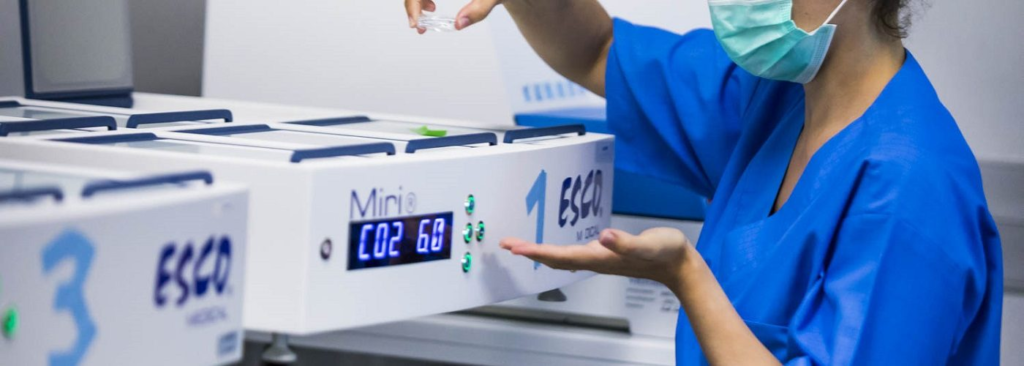It is becoming more and more common for couples to need the help of a donor to conceive a child. In some cases, the couple may use an anonymous donor from a sperm bank.
In other cases, they may use a friend or family member as the donor. Whatever the case, there are pros and cons to using a donor.
Some people feel that using a donor is taking something away from the child. They believe that a child should be conceived naturally, with both parents involved in the process.
Others believe that using a donor is no different than using any other fertility treatment and that it is up to the parents to choose what is best for their family.
Pros and Cons of Using a Donor

There are pros and cons to using a donor, no matter what type of donor you use. For example, if you use an anonymous sperm bank donor, you may never meet the donor or know anything about him.
This can be viewed positively or negatively.
On the one hand, it means that there is no risk of the child developing a relationship with the donor that could be confusing or difficult to deal with.
On the other hand, it also means that the child will never know anything about his or her genetic history.
If you use a known donor (such as a friend or family member), there is more risk involved. The child may develop a relationship with the donor that could be confusing or difficult to deal with.
However, the child will also know something about his or her genetic history.
Another risk associated with using a donor is potential legal issues. If the child conceived using the donor’s sperm or eggs later decides to sue the parents for wrongful conception, there is a possibility that the court could award damages to the child.
While this is unlikely, it is something to consider before you decide to use a donor.
Finally, there is also the risk that the child conceived using the donor’s sperm or eggs may not be genetically related to either parent.
This is called “disruption of paternity.” While this is a rare occurrence, it is something to be aware of before deciding to use a donor.
No matter what type of donor you use, there are risks and benefits to using a donor.
It is important to think carefully about these pros and cons before making a decision. You must choose what is best for your family.
How Many Cycles Does it Typically Take to Get Pregnant with a Donor?

It typically takes two to six cycles to get pregnant with a donor, depending on the age of the woman and the quality of her eggs.
The success rate for women under 35 is about 50 percent per cycle, while the success rate for women over 40 is about 10 percent per cycle.
If you are considering using a donor, it is important to talk to your doctor about the risks involved. You should also speak with a lawyer to learn more about the legal implications of using a donor.
Remember, when you use a donor, you are taking on all of the responsibility for the child. This includes financial responsibility, as well as any legal implications that may arise from the use of the donor’s sperm or eggs.

Jean Smith is a fitness enthusiast and blogger who focuses on fitness and a healthy lifestyle. She is passionate about assisting people in living healthier lifestyles and is constantly on the lookout for new and creative methods to stay fit and healthy. Her articles are excellent resources for anyone interested in improving their health and fitness.
